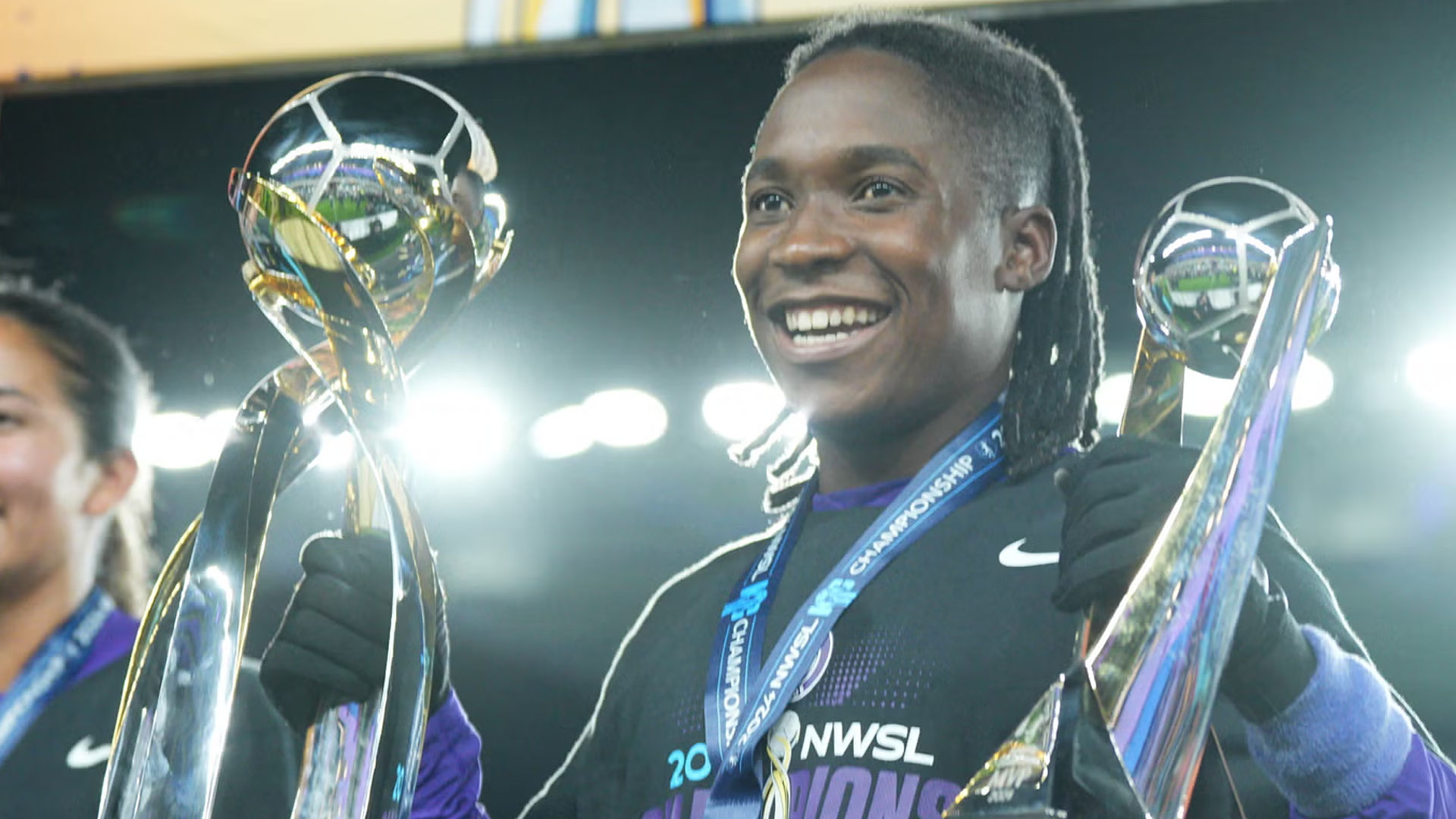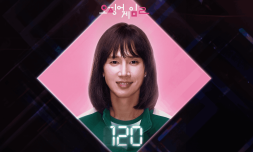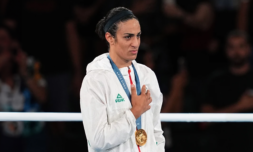Barbra Banda’s mistreatment highlights the insidious misogyny and transphobia launched at women in sport.
Barbra Banda, a Zambian footballer, was awarded the BBC’s Women’s Footballer of the Year last month. The prestigious award marked a milestone in Banda’s illustrious sporting career and should have been an opportunity to spotlight women’s football, which continues to grow in popularity.
Soon after she was surprised with the award by her teammates, Banda shared the news on social media; ‘To the young girl in Africa dreaming big,’ Banda tweeted, ‘keep that dream and work hard, am telling you it does come true [sic].’
But instead of sharing in her joy, members of the public used Banda’s win as an excuse to spout transphobic vitriol and gendered abuse. She was quickly forced to the center of a familiar online storm that attacks women’s legitimacy in sports – particularly women of colour.
Following Banda’s win, a flurry of ugly accusations began surfacing online, fueled by speculation about her gender, appearance, and biology.
The usual suspects like J.K. Rowling joined the transphobic bandwagon, weaponizing Banda’s success as a platform to perpetuate harmful narratives.
These ‘transvestigations’ – baseless conspiracy theories that attempt to ‘prove’ a person’s gender identity by scrutinizing their physical attributes – have become a marker of women’s sport in recent years.
Boxer Imane Khelif faced similar, widely publicised attacks during the Paris 2024 Olympic games.
Like Banda, Khelif’s detractors fixated on her athletic build and physical appearance, using them as a pretext to question her place in women’s sports.
Both women are victims of a disturbing trend that blends colonialist assumptions, misogyny, and transphobia to pathologize athletic excellence in women of color.
Barbra Banda is undeniably one of the greatest athletes working right now, regardless of gender. Yet she’s still being attacked and misgendered online simply because of her appearance.
Banda was born a girl and raised a girl, but the accusations surrounding her gender stem (in part) from a report two years ago. At the time, the Zambian football federation purportedly withdrew Banda from its squad for the Women’s Africa Cup of Nations over concerns she would ‘fail a gender verification test, as mandated by the Confederation of African Football’.
Gender Eligibility Testing was also central to the attacks against Imane Khelif, and track-and-field stars Christine Mboma and Beatrice Masilingi, who were both banned from competing in the 400-metre dash during the 2020 Tokyo Olympics.
It’s easy to see a pattern emerging in the sporting world; when gender eligibility tests are used to disqualify athletes, the victims are – more often than not – women of colour. Yet when men possess features deemed conducive to strong physical performance, they’re usually celebrated.
It’s worth emphasizing that Banda was chosen for the BBC award by public vote after being shortlisted by an independent panel of football experts. The BBC has also faced backlash for amplifying her success, despite having no say in the selection process.
The deflection of blame highlights how women’s accomplishments are systematically undermined. Instead of celebrating Banda’s exceptional talent, trolls have used her success as an excuse to spread bigotry – a scrutiny that emerges at an intersection of racism, misogyny, and transphobia.
Here @BBCSport @BBCNews …. You made women furious today. Barbara Banda, your choice for “women’s footballer of the year” is a man. You didn’t tell the public this – so women will have to do it. @twelve0fiveUK #HesAMan #BarbraBanda #SaveWomensSports pic.twitter.com/QksFWHoVII
— Jean Hatchet (@JeanHatchet) November 26, 2024
Women’s bodies have long been policed in sports. For women of color, that scrutiny is magnified. Their athleticism is often framed as ‘unnatural’ or ‘too masculine,’ a reflection of societal biases about who is ‘allowed’ to excel.
It’s a discourse that perpetuates the notion that women’s achievements in sports are inherently suspect, particularly when they challenge Western ideals of femininity.
For Banda, the damage has been both personal and professional. Instead of focusing on her remarkable career, which has seen her dominate leagues and inspire a generation of young athletes, she’s been forced to navigate a minefield of public judgment.
And by overshadowing her achievements with baseless accusations, trolls have robbed Banda of the recognition she deserves.
Organizations like FIFA, CAF, and the IOC need to take a stand against gender policing and protect athletes from discriminatory practices. Media outlets also have a responsibility to frame these stories with nuance and integrity, challenging the prejudices that fuel similar attacks.
Banda’s award win is a testament to her skill and resilience. But the backlash she’s faced serves as a difficult reminder of how far we still have to go as a society.
Women’s sports have long been undervalued and underfunded, but despite progression in the mainstream, they’re still battlegrounds for larger cultural wars.

















